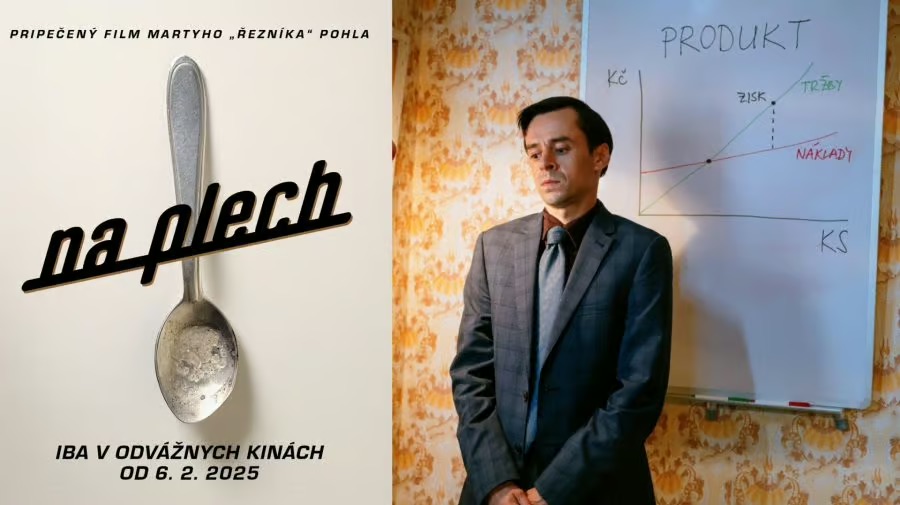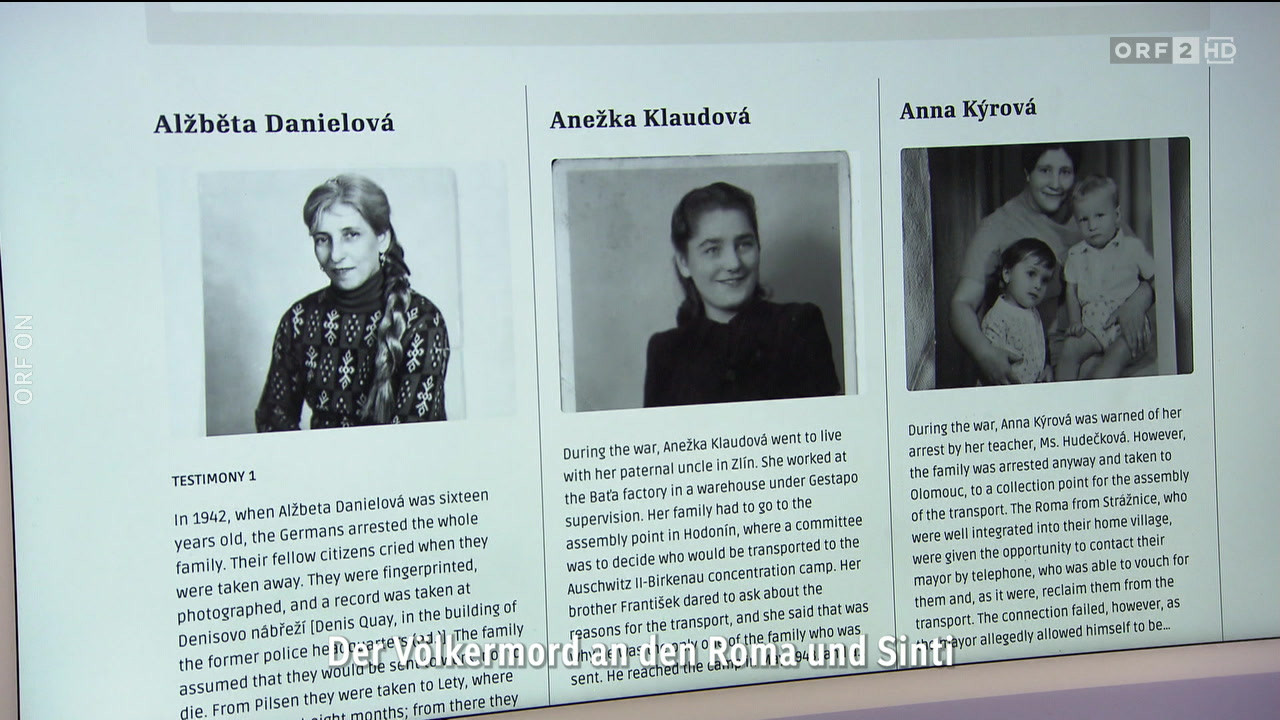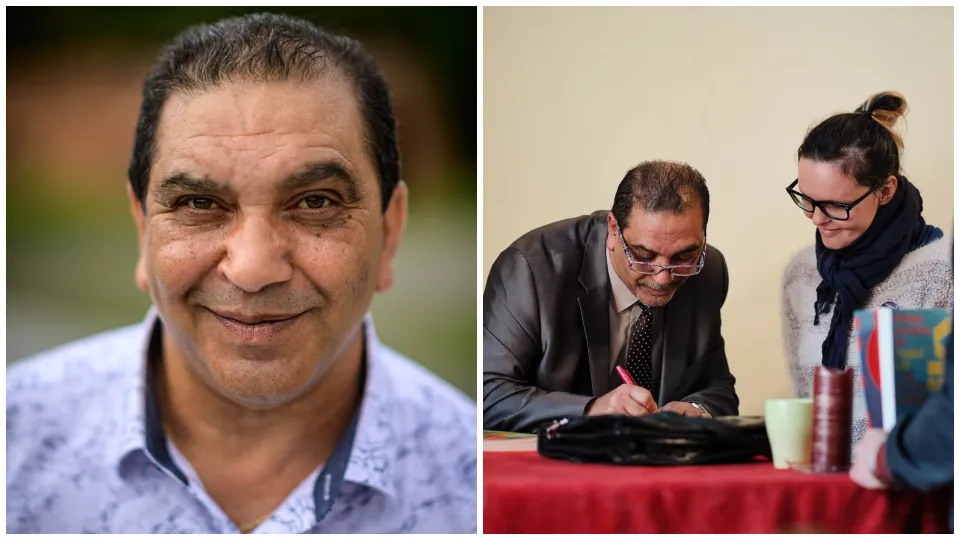The article by journalist Silvie Lauder (2014) on the genocide of Rroma from the Czech Republic gives attention to a little addressed historical event and shows the importance of moral courage against collectively committed injustices: “Seventy years ago Czech and Slovak Roma embarked on a grim path to nearly complete annihilation. In the spring and summer of 1943, 4,500 Roma were shipped off to the so-called Gypsy camp in Auschwitz: one-third were from camps in Lety and Hodonin, in the south and southwest of the country, and two-thirds were taken from their homes. The fates of local Roma remain one of the least investigated chapters of the war, and one part of this story is completely unknown – that some Roma survived the Nazi attempt at extermination thanks to the help of “white people.”” At this point, one needs to comment that the genocide would not have been possible without the collaboration of the Czech authorities, who cooperated with the regime of the National Socialists, or at least obeyed them. Even before the rise of the Nazis, laws against Rroma were adopted in the Czech Republic: in 1927, the Czech Parliament initiated a law against “wandering gypsies” that forced them to register themselves with fingerprints and henceforth forbade them to enter certain areas. A detailed description of the experiences of survivors, who survived the Holocaust thanks to the help of dedicated individuals follows. Nevertheless Lauder comes to a bleak conclusion: “Twenty thousand of the 23,000 European Roma who went through the Gypsy camp did not survive. Czech and Moravian Roma, after German and Austrian Roma, made up the second-largest group and on them the Nazi persecution fell with the most terrifying strength. “The majority of adults were killed along with entire families and clans, and with them their family traditions, customs, music, songs, and stories were lost,” notes Vlasta Kladivova in the book, The Last Stop: Auschwitz-Birkenau. “There was no one left to pass them on to.””
- Lauder, Silvie (2014) Czech Roma Under the Swastika. In: Transitions online vom 1.10.2014. http://www.tol.org/client/article/24492-czech-roma-holocaust.html







